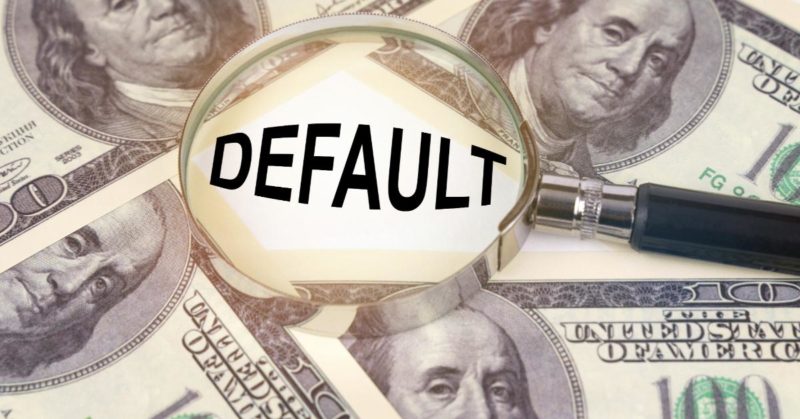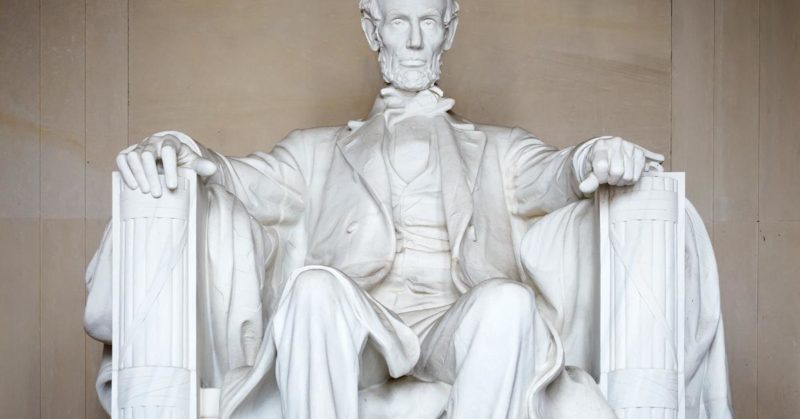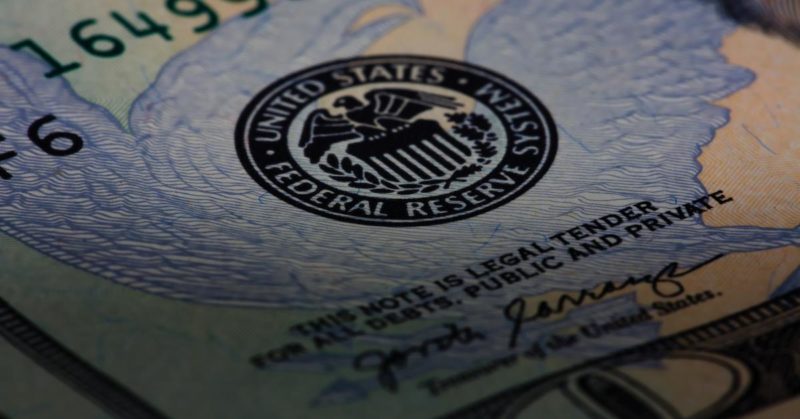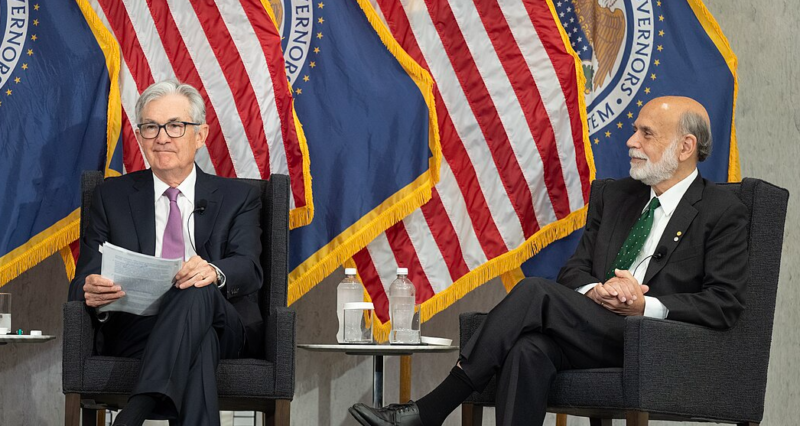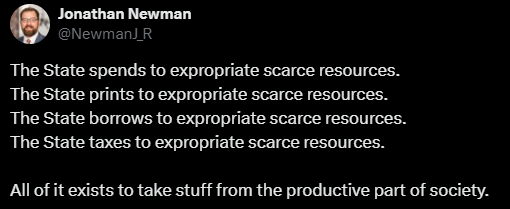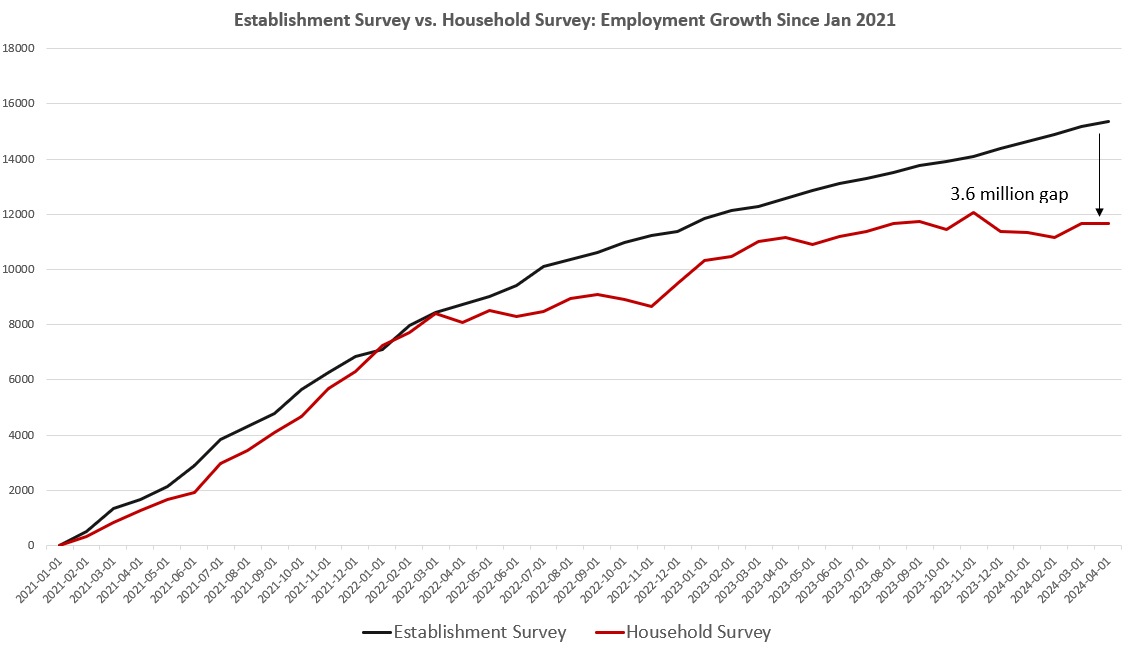Category Archive: 6b.) Mises.org
Human Action Conference 2024
Students apply for a scholarship here.
"Once in a great while, a book appears that both embodies and dramatically extends centuries of accumulated wisdom in a particular discipline, and, at the same time, radically challenges the intellectual and political consensus of the day. Human Action by Ludwig von Mises is such a book, and more: a comprehensive treatise on economic science that would lay the foundation for a massive shift in...
Read More »
Read More »
Does Libertarianism Require Support for Open Borders?
Dave Smith makes the Rothbardian/Hoppean case for government restriction on immigration, arguing that it's a second-best solution given the undeniable fact of government control of "public" property. Bob plays devil's advocate to raise possible objections to Dave's framework.
Rothbard, "Nations by Consent": Mises.org/HAP436a
Hans-Hermann Hoppe, "On Free Immigration and Forced Integration": Mises.org/HAP436b
Bryan...
Read More »
Read More »
US States Have a Long History of Defaulting
The American bankruptcy show of the twenty-first century continues unabated with federal and state government spending. History reveals that some states have defaulted through not meeting a required bond payment, leaving the bondholders and that state’s taxpayers with a debt problem. Today, we might call a state government bond payment default a bankruptcy.
Many bankruptcy filings today are governed by Chapters 7, 9, 11, and 13 of the United States...
Read More »
Read More »
Misunderstanding Both Lincoln and Basic Economics
Our Ancient Faith: Lincoln, Democracy, and the American Experimentby Allen C. GuelzoAlfred A. Knopf, 2024; 247 pp.
Allen Guelzo has been carried away by Abraham Lincoln’s magniloquent rhetoric. Guelzo, a historian who has written a number of books about Lincoln, would like very much to believe that his hero was a champion of individual rights and economic freedom. Lincoln’s ideal for America was of a nation with a large number of small businesses,...
Read More »
Read More »
US States Have a Long History of Defaulting
The American bankruptcy show of the twenty-first century continues unabated with federal and state government spending. History reveals that some states have defaulted through not meeting a required bond payment, leaving the bondholders and that state’s taxpayers with a debt problem. Today, we might call a state government bond payment default a bankruptcy.
Many bankruptcy filings today are governed by Chapters 7, 9, 11, and 13 of the United States...
Read More »
Read More »
Hubris Runs Rampant at the Fed
Prices will always increase, some small banks will fail, and the Fed was asleep at the switch when the run on Silicon Valley Bank occurred. Fed chair Jerome Powell admitted those three things in response to Scott Pelley’s questions on 60 Minutes.
“But the overall price level doesn’t come down. It will fluctuate. And some . . . goods and services will go up, others will go down. But overall, in aggregate, the price level doesn’t tend to go down...
Read More »
Read More »
Misunderstanding Both Lincoln and Basic Economics
Our Ancient Faith: Lincoln, Democracy, and the American Experimentby Allen C. GuelzoAlfred A. Knopf, 2024; 247 pp.
Allen Guelzo has been carried away by Abraham Lincoln’s magniloquent rhetoric. Guelzo, a historian who has written a number of books about Lincoln, would like very much to believe that his hero was a champion of individual rights and economic freedom. Lincoln’s ideal for America was of a nation with a large number of small businesses,...
Read More »
Read More »
Hubris Runs Rampant at the Fed
Prices will always increase, some small banks will fail, and the Fed was asleep at the switch when the run on Silicon Valley Bank occurred. Fed chair Jerome Powell admitted those three things in response to Scott Pelley’s questions on 60 Minutes.
“But the overall price level doesn’t come down. It will fluctuate. And some . . . goods and services will go up, others will go down. But overall, in aggregate, the price level doesn’t tend to go down...
Read More »
Read More »
Welfare for Migrants Ensures the Border Crisis Will Continue
Earlier this month, The New York Post reported that the mayor of New York is giving away pre-paid cash cards—each carrying "up to $10,000"— to foreign nationals in New York. Most of these foreign nationals—i.e., "illegal immigrants"—have arrived in New York with no invitation, no employment prospects, and no plan for housing. But most of them plan on staying. And why shouldn't they? Upon arrival, thousands of them immediately...
Read More »
Read More »
Another Reason Why Individual Freedom Is So Much Better than Central Planning
Much of the developed world is slipping into a hyperregulated malaise. Growth rates are down across most major economies, and the developing countries are catching up to our errors almost as fast as they are growing. Increasingly, even in the US you would have to be outside the norm to afford a house by age forty. The median age of a first-time homebuyer in 2023 is the same as a repeat buyer in 1981. We’re not allowed to build and grow, but we’re...
Read More »
Read More »
They’ll Never Pay Down the National Debt
Ryan McMaken and Tho Bishop talk with Jane Johnson about why the feds will never pay down the debt. Instead, they have two choices: rampant inflation or default.
Discussed on the Show
"The Federal Mega-Debt is Here to Stay" by Jane L. Johnson: Mises.org/RR_174_A
Claim your free book: Mises.org/RothPodFree
Be sure to follow Radio Rothbard at Mises.org/RadioRothbard.
Radio Rothbard mugs are now available at the Mises Store. Get...
Read More »
Read More »
Do Human Emotions Better Help Us Understand Economic Analysis?
According to behavioral economics (BE), emotions play an important role in an individual’s decision-making process. For example, if consumers become more optimistic regarding the future, then this is going to send a message to businesses regarding investment decisions. According to BE followers, whether consumers are generally patient or impatient determines whether or not they are inclined to spend or save today.
Behavioral economists emphasize...
Read More »
Read More »
The Homo Economicus Myth
Among the larger albatrosses burdening the economics profession is the idea of Homo economicus. To this day, most economics undergraduates hear about it in the context of neoclassical economics. Homo economicus, we are told, is the ideal economic man who always seeks to maximize profits and minimize costs. He only acts “rationally,” and rationalism is defined as, well, always seeking to maximize profits and minimize costs. Even worse, “profit” is...
Read More »
Read More »
The Failure of Conservatism
The Failure of American Conservatism and the Road Not TakenBy Claes G. RynRepublic Book Publishers, 2023; 468 pp.
Claes Ryn, a leading conservative intellectual who taught politics for many years at the Catholic University of America, is by no means a libertarian, but readers of The Misesian can learn much from this book. I’d like to discuss two topics: first, the criticism of Harry Jaffa and his mentor, Leo Strauss; and second, the full-scale...
Read More »
Read More »
The Last Conservative
Milton Friedman: The Last ConservativeBy Jennifer BurnsFarrar, Straus and Giroux, 2023; x + 587 pp.
Imagine that you come across this about the “education premium” on someone’s blog: “By going to college, you are more than tripling your chances for success in after life.” The statement is buttressed by a calculation of the extra lifetime earnings that a college degree will provide. Wouldn’t you think that the author is an economist? In fact, the...
Read More »
Read More »
From the Editor—January/February 2024
Welcome to the first issue of The Misesian.
We’ve decided to rename The Austrian magazine The Misesian to emphasize how Ludwig von Mises remains at the center of everything that that is today called the Austrian School of economics.
When the Mises Institute was founded more than forty years ago, most of our supporters were directly connected to Mises. First and foremost was Mises’s widow, Margit, whose tireless work in preserving Mises’s legacy...
Read More »
Read More »
Understanding the True Meaning of Charity
The Misesian (TM): The economics behind gift giving and charity have long been a neglected topic among researchers and economists. What prompted you to launch your own investigation into the topic?
Jörg Guido Hülsmann (JGH): The economic literature on gifts is actually quite massive, but it’s true that these writings don’t make it into standard micro- and macroeconomics. My initial interest was sparked by Benedict XVI’s 2009 encyclical letter...
Read More »
Read More »
The Importance of Hülsmann’s Groundbreaking book Abundance, Generosity, and the State
Guido Hülsmann’s Abundance, Generosity, and the State provides readers with an explanation of the nature and causes of gratuitous goods. Hülsmann demonstrates how free markets are infused with both intentional and unintentional gratuity, and how the repressive and permissive interventions of the modern state lead to their destruction.
This work is desperately needed and represents a remarkable achievement by one of the Austrian School’s leading...
Read More »
Read More »
The Death of Easy Money Has Been Greatly Exaggerated
Reports on the death of the present cycle of politically motivated monetary easing, in the words of Mark Twain, grossly exaggerated. Contemporary market analyses are full of how the Fed and ECB are dialing back on previous hints of Spring 2024 rate cuts. In tune with this, commentators are lauding the central banks, especially the Fed, for a show of political independence as elections approach.
The bigger picture though suggests otherwise. In the...
Read More »
Read More »
Living Free in an Unfree World
The State knows no limits when it comes to intervening in the economy and our lives. From the value of our hard-earned income to the flow of water in our showerheads, nothing is out of reach for meddling bureaucrats.
Ludwig von Mises explained, "The ultimate basis of an all around bureaucratic system is violence." Yet we advocate and hope for a world of peaceful cooperation and flourishing markets.
It's doubtful that politics holds all...
Read More »
Read More »










